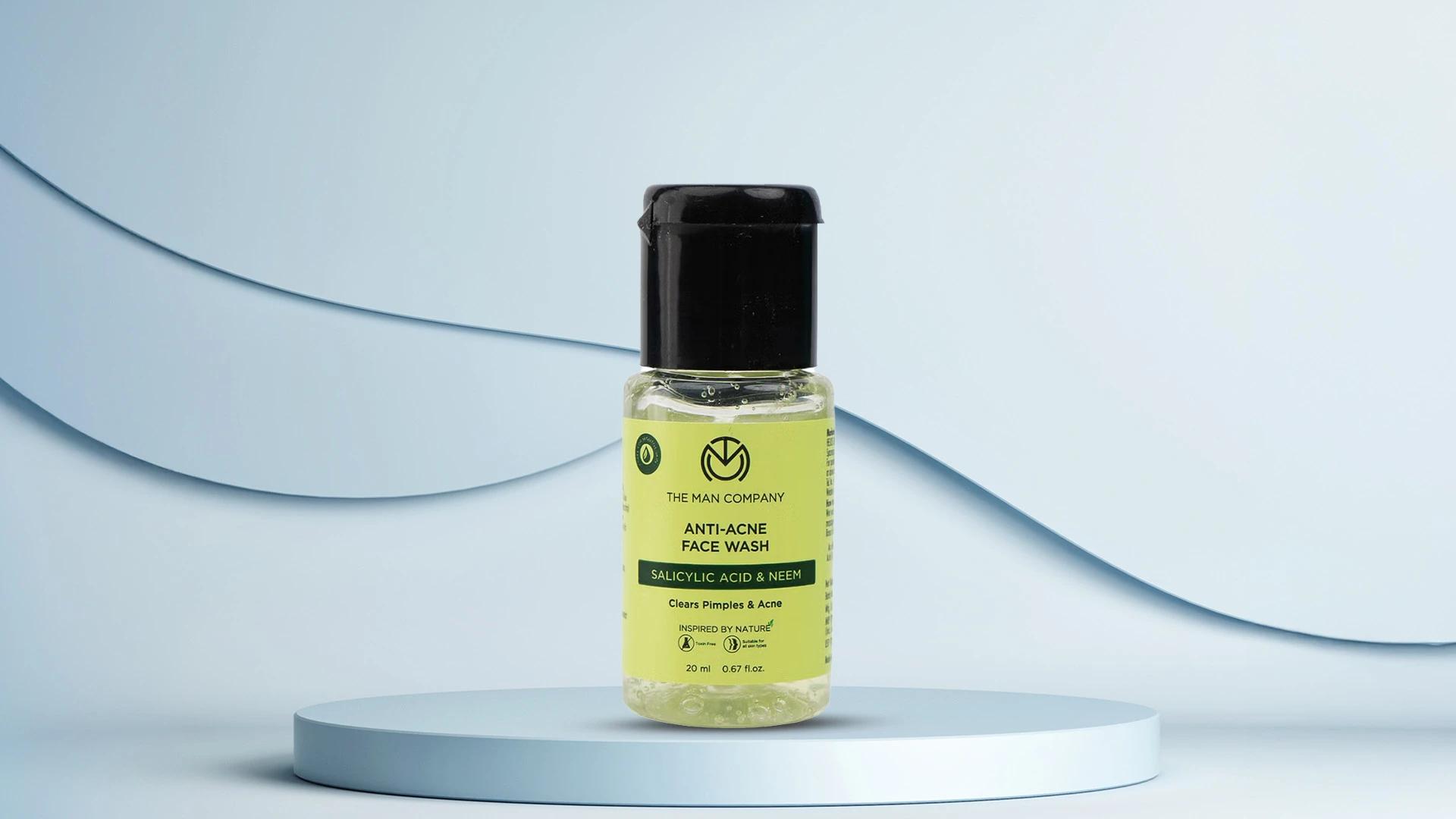Sometimes your skin needs professional backup, and that's completely normal. If you're experiencing severe dryness with persistent acne, cystic breakouts, or if your skin isn't responding to gentle over-the-counter treatments after 6-8 weeks, it's time to call in the experts.
Signs that warrant professional help include increased sensitivity, worsening dryness despite proper moisturising, or any signs of infection around breakouts. Don't soldier on alone when help is available.
Frequently Asked Questions
Can I use an oil-free acne face wash if I have dry skin?
Yes, but choose wisely. An oil-free acne face wash can work for dry skin if it contains hydrating ingredients like glycerin or hyaluronic acid. The key is ensuring it doesn't strip your skin's natural moisture barrier whilst fighting acne.
How often should I use a face wash for dry, acne-prone skin?
Start with once daily, preferably in the evening, then gradually increase to twice daily if your skin tolerates it well. Over-cleansing can worsen both dryness and acne, so less can genuinely be more.
Are there any natural ingredients that help with both acne and dry skin?
Aloe vera, honey, and oatmeal are gentle options that can soothe dry skin whilst providing mild antibacterial benefits. However, natural doesn't always mean better or more effective than well-formulated synthetic ingredients.
Can using the wrong face wash make my acne worse?
Absolutely. Harsh cleansers can damage your skin barrier, leading to increased oil production and more breakouts. Similarly, overly rich formulas might clog pores in acne-prone individuals.
Is it necessary to use a toner after cleansing dry, acne-prone skin?
Not necessarily. If your cleanser is properly pH-balanced, a toner isn't essential. However, a hydrating, alcohol-free toner can add an extra layer of moisture and prepare your skin for subsequent products.
Final Thoughts
Navigating dry skin acne doesn't have to feel like solving a Rubik's cube blindfolded. The right approach combines gentle yet effective cleansing with consistent moisture replenishment. Your perfect acne face wash for dry skin is out there—it just might take some trial and patience to find your match. Remember, healthy skin is a journey, not a destination, so be kind to yourself along the way.

 10 gm
10 gm Combo
Combo 15 gm
15 gm 100 ml
100 ml